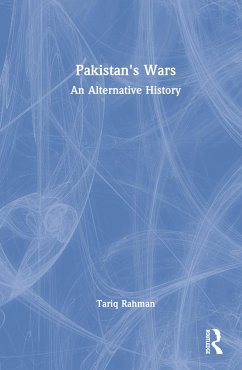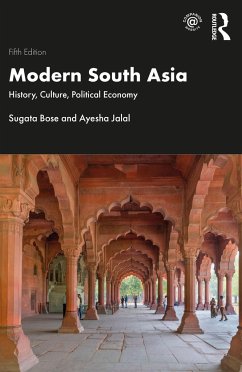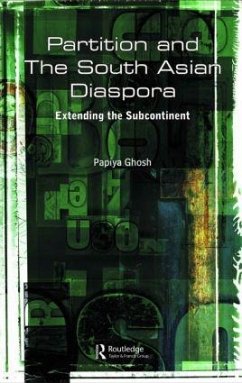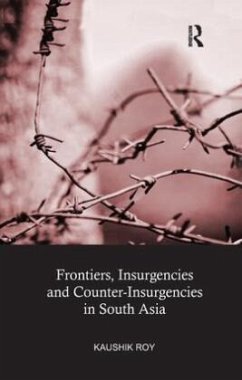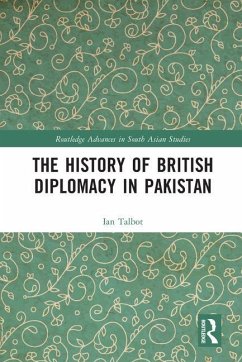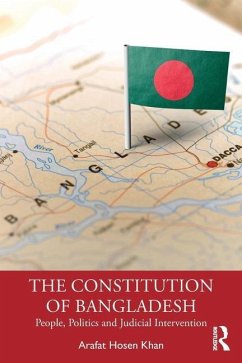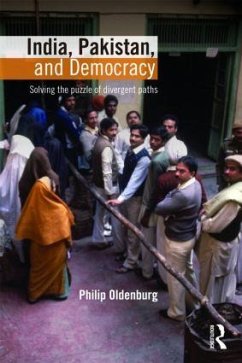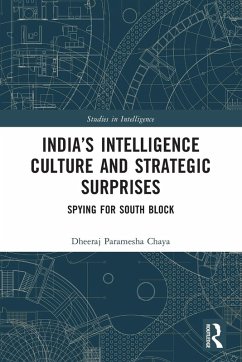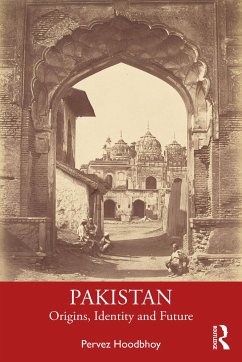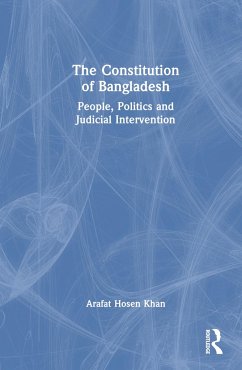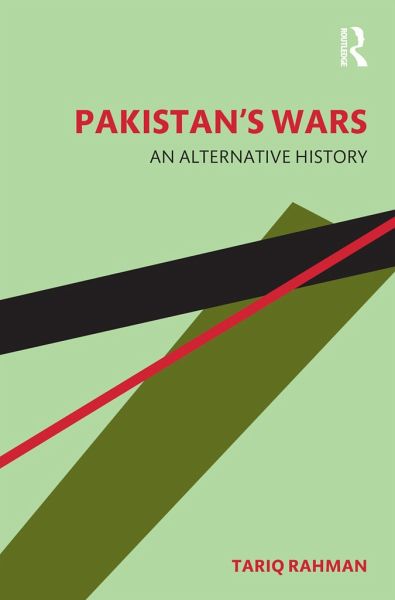
Pakistan's Wars
An Alternative History
Versandkostenfrei!
Versandfertig in 6-10 Tagen
50,99 €
inkl. MwSt.
Weitere Ausgaben:

PAYBACK Punkte
25 °P sammeln!
This book studies the wars Pakistan has fought over the years with India as well as other non-state actors. Focusing on the first Kashmir war (1947-48), the wars of 1965 and 1971, and the 1999 Kargil war, it analyses the elite decision-making, which leads to these conflicts and tries to understand how Pakistan got involved in the first place. The author applies the 'gambling model' to provide insights into the dysfunctional world view, risk-taking behaviour, and other behavioural patterns of the decision makers, which precipitate these wars and highlight their effects on India-Pakistan relatio...
This book studies the wars Pakistan has fought over the years with India as well as other non-state actors. Focusing on the first Kashmir war (1947-48), the wars of 1965 and 1971, and the 1999 Kargil war, it analyses the elite decision-making, which leads to these conflicts and tries to understand how Pakistan got involved in the first place. The author applies the 'gambling model' to provide insights into the dysfunctional world view, risk-taking behaviour, and other behavioural patterns of the decision makers, which precipitate these wars and highlight their effects on India-Pakistan relations for the future. The book also brings to the fore the experience of widows, children, common soldiers, displaced civilians, and villagers living near borders, in the form of interviews, to understand the subaltern perspective.
A nuanced and accessible military history of Pakistan, this book will be indispensable to scholars and researchers of military history, defence and strategic studies, international relations, political studies, war and conflict studies, and South Asian studies.
A nuanced and accessible military history of Pakistan, this book will be indispensable to scholars and researchers of military history, defence and strategic studies, international relations, political studies, war and conflict studies, and South Asian studies.





